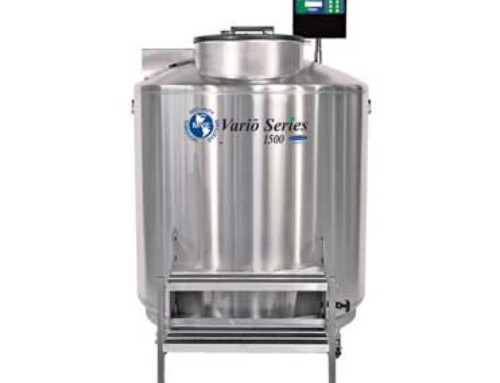Cord Blood Stem Cells Outperform Adult Blood Stem Cells
 Researchers from Kyoto University published findings August 17, 2016. Those findings revealed that stem cells derived from cord blood outperform stem cells derived from adult sources. Research was led by the 2012 Nobel Prize winner for medicine, Shinya Yamanaka.
Researchers from Kyoto University published findings August 17, 2016. Those findings revealed that stem cells derived from cord blood outperform stem cells derived from adult sources. Research was led by the 2012 Nobel Prize winner for medicine, Shinya Yamanaka.
The Kyoto University team findings also reveal a number of logistical benefits. For example, the production of stem cells from adult blood or tissue (induced pluripotent stem cells) can be a very time consuming and costly process.
Having cells readily available from cord blood significantly reduces these challenges.
Yamanaka’s team is aggressively working to create a nationwide inventory of stem cells for Japan. Their approach allows them to take stem cells collected from cord blood and induce them to multiply thus creating a larger volume. Those cells can be reprogrammed to form a number of cells types. This helps in a wide range of regenerative medicine applications.
According to Dr. Yamanaka, “Umbilical blood is made of cells from a baby and are of good quality. It’s better to make use of unimpaired ones than genetically damaged adult cells.”
Dr. Yamanaka further clarified that stem cells derived from adults have a number of unique risks. The primary concern is that those stem cells may be produced from genetically damaged adult cells.
Dr. Yamanaka’s endorsement of cord blood stem cells is even more powerful once you realize that he earned the Nobel Prize for his joint discovery that mature, specialized cells can be reprogrammed. Once reprogrammed, those cells can become immature cells with the ability to become virtually any cell in the body.
What Comes Next
Researchers have been quick to point out that most practical disease treatments that use stem cells may be years down the road. The larger observation is that this research identifies another piece in the puzzle for regenerative medicine.
The key here, is to recognize that further clinical research and support is needed. Additionally, this helps to reinforce the benefits of cord blood storage.






